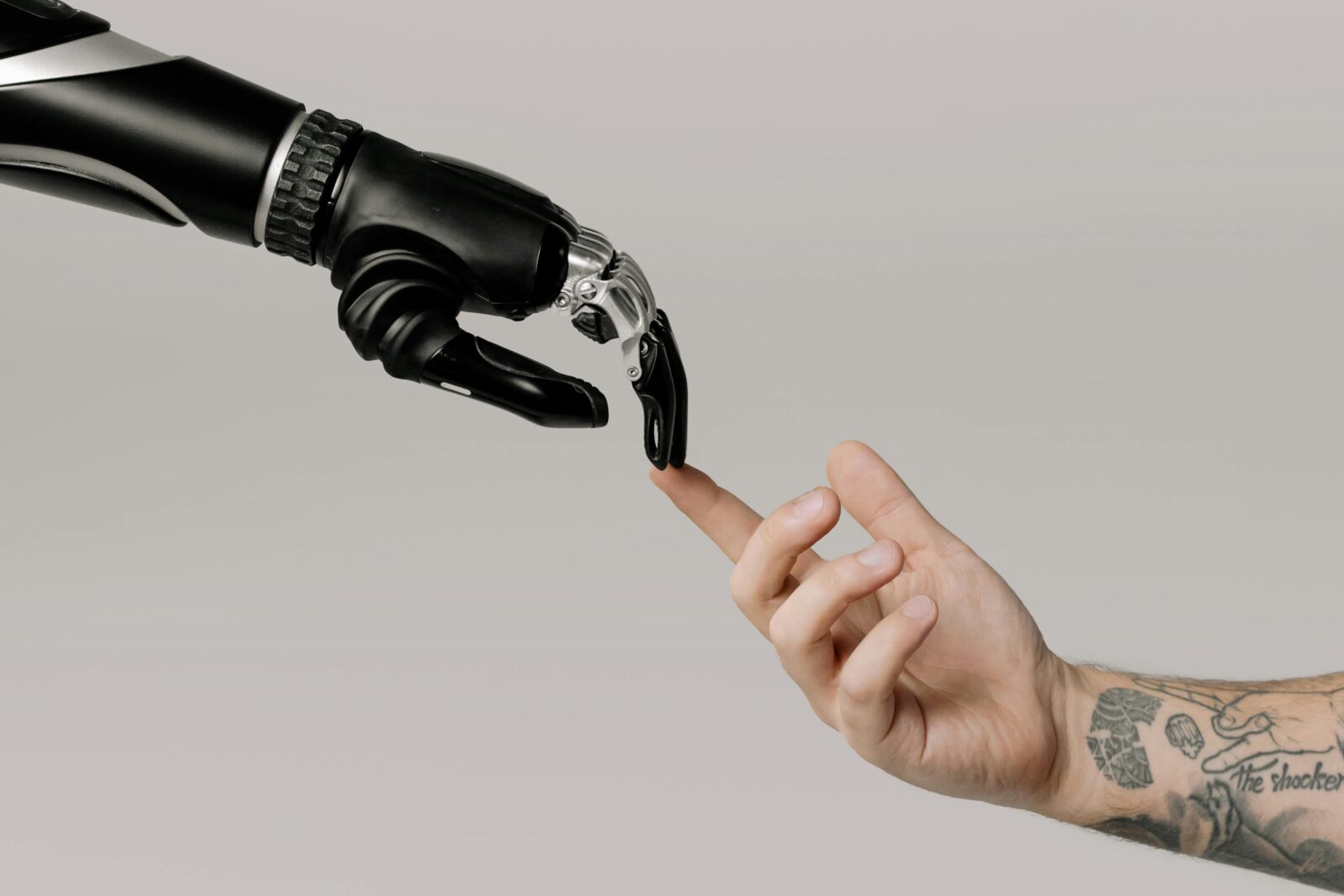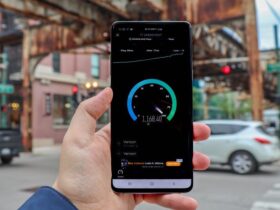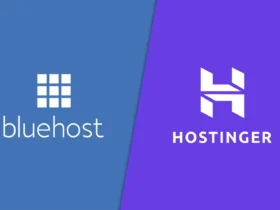
Artificial Intelligence (AI) is no longer a futuristic idea; it’s actively changing the way we live, work, and think. From virtual assistants to self-driving cars, AI is present in many aspects of daily life, transforming industries and driving innovation.
For the younger generation, AI offers both opportunities and challenges. In education, AI is enhancing learning through personalised tools and resources. Students are now exposed to AI concepts early, preparing them for future careers in fields like data science and robotics.
At the same time, AI poses challenges, especially regarding job automation. As technology evolves, young people must adapt by gaining new skills and embracing roles that complement AI, like creativity and emotional intelligence. As AI continues to advance, it will shape how young people approach their careers, education, and even their view of the world.
Revolutionizing Education
One of the most profound ways AI is influencing young minds is through education. AI-powered tools and platforms are creating personalised learning experiences that cater to individual needs. For instance, adaptive learning systems can assess a student’s strengths and weaknesses, providing tailored resources to help them succeed. Apps like Duolingo and Khan Academy utilise AI to offer interactive lessons and instant feedback, making learning more engaging and accessible.
Moreover, AI is breaking barriers for students with disabilities. Tools like speech-to-text software, visual recognition for the visually impaired, and translation services are enabling more inclusive education environments. AI tutors and virtual teaching assistants are also helping students grasp complex concepts, providing support beyond the traditional classroom.
Preparing for Future Careers
As AI continues to evolve, it is reshaping the job market. For young people, this means preparing for a future where AI will play a significant role in almost every industry. Coding, data analysis, and AI ethics are becoming essential skills, and many schools are integrating these subjects into their curricula. Programs like AI4All and Code.org aim to inspire young minds to pursue careers in technology and equip them with the tools they need to succeed.
AI is also fostering creativity among young innovators. From developing AI-driven art to designing algorithms for social impact, the younger generation is leveraging technology to bring their ideas to life. Hackathons and innovation challenges are providing platforms for students to showcase their talents, encouraging them to think critically and solve real-world problems.
Enhancing Everyday Life
AI is seamlessly integrating into the daily lives of young people, making their routines more efficient and enjoyable. Voice assistants like Siri and Alexa, AI-powered recommendation systems on platforms like Spotify and Netflix, and smart home devices are becoming integral parts of their lives. These tools save time, provide convenience, and often serve as gateways to understanding how AI works.
Social media platforms, which are central to the lives of many young individuals, use AI to curate personalised content feeds, suggest connections, and even filter harmful material. While this enhances user experience, it also raises concerns about privacy, data security, and the impact of algorithm-driven echo chambers.
Encouraging Ethical Awareness

The growing influence of AI is also sparking conversations about ethics and responsibility among young minds. Issues such as data privacy, algorithmic bias, and the potential for job displacement are prompting the younger generation to think critically about the ethical implications of technology. Many educational programs and initiatives are emphasising AI ethics, teaching students to approach technology with a sense of responsibility and fairness.
Moreover, young activists are using AI to drive social change. From climate change modelling to analysing social justice trends, AI is becoming a tool for advocacy and awareness. This not only empowers young people to make a difference but also instills a sense of accountability in how AI is developed and deployed.
Challenges and Risks
While AI offers immense benefits, it also presents challenges that young minds must navigate. Over-reliance on AI tools can hinder critical thinking and problem-solving skills. There’s also the risk of digital addiction, as AI-driven platforms are designed to capture attention and keep users engaged.
Another significant concern is the digital divide. Not all young people have equal access to AI tools and technology, which can exacerbate existing inequalities. Bridging this gap requires investments in infrastructure, affordable devices, and digital literacy programs to ensure that no one is left behind.
Inspiring a New Generation of Thinkers
Despite these challenges, AI is inspiring young people to dream big and think differently. It encourages them to ask bold questions, experiment with innovative solutions, and explore the boundaries of what’s possible. By fostering a mindset of curiosity and adaptability, AI is helping to cultivate a generation of thinkers and leaders ready to tackle the complexities of the 21st century.
The Path Forward
As AI continues to shape the future, the role of education, parents, and policymakers becomes crucial. Schools must prioritise teaching AI literacy and critical thinking skills. Parents can encourage a balanced approach to technology use, fostering creativity and outdoor activities alongside digital engagement. Policymakers must ensure equitable access to AI tools and address ethical concerns through regulation and public discourse.
For young minds, the future shaped by AI is one of immense potential. By embracing the opportunities, addressing the challenges, and maintaining a sense of ethical responsibility, the younger generation can harness AI to build a smarter, more inclusive, and innovative world.
AI in Mental Health and Well-being:
AI is also making strides in mental health, providing young people with tools to manage stress, anxiety, and other mental health challenges. Applications powered by AI are offering personalised wellness advice, mindfulness exercises, and even mental health chatbots that provide instant support. As the younger generation faces increasing pressures, these resources can make a big difference in promoting well-being.
Empowering Young Entrepreneurs:

AI is also empowering young entrepreneurs by providing them with tools and resources to innovate, start businesses, and scale their ideas. AI platforms are helping young individuals streamline operations, enhance customer service, and predict market trends. This is reducing the barriers to entry for young entrepreneurs and allowing them to compete in the global marketplace.
Conclusion
As AI continues to reshape every aspect of life, the future for young minds is full of exciting possibilities. From revolutionising education to fostering creativity, entrepreneurship, and ethical awareness, AI offers young people the chance to be at the forefront of technological progress. While challenges exist, particularly regarding job automation and the digital divide, the younger generation is uniquely positioned to leverage AI in ways that promote positive societal change. By embracing AI with a responsible mindset, today’s youth will not only navigate the future but also shape it in ways we’ve yet to imagine.



















Leave a Reply